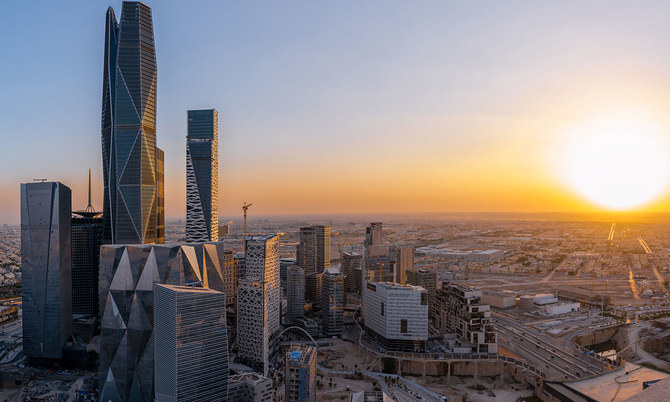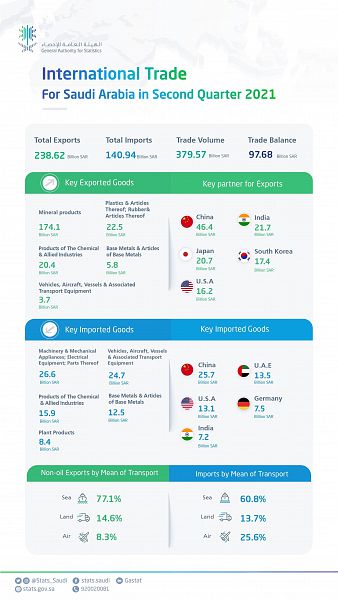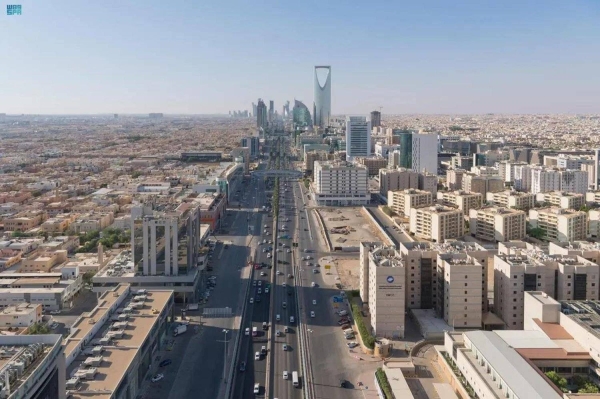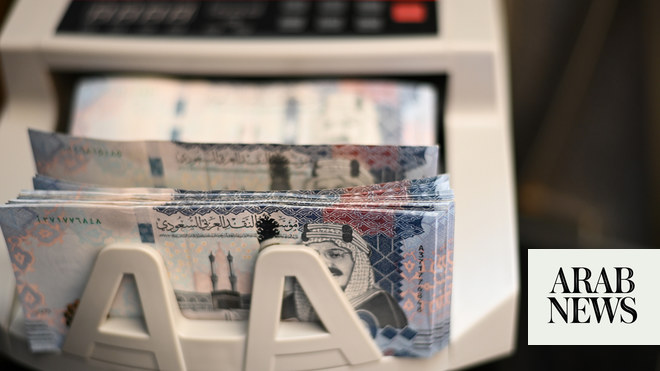
Saudi non-oil revenues rose nearly 80 percent in the third quarter of 2017, a clear indication that economic reforms carried out by Saudi Arabia are paying off.
Saudi Minister of Finance Mohammed al-Jadaan announced the government’s third quarter 2017 budget performance update. The figures revealed progress in a number of areas including revenues, increased efficiency in public spending, and further reduction of the deficit.
The quarterly budget report indicates the government’s commitment to transparency and financial disclosure, as a main factor in achieving Vision 2030, and highlights the progress in achieving the objectives of the fiscal balance program within the framework of the Vision.
The governments recent budget figures demonstrate it is on track to meet its ambitious fiscal objectives to achieve a balanced budget.
In details, the financial indicators for the third quarter budget of 2017 are as follows: Total revenues increased 11 percent compared to the same period of 2016 reaching $37.8 billion, while non-oil revenues increased 80 percent to reach $12.7 billion. As for expenditures, they reached $50.9 billion with a 5 percent hike, while the deficit for the third quarter stood at $12.9 billion.
The report also showed that the public debt reached $100.2 billion by the end of third quarter, due to successful Sukuk issuances.
In related news, 2017 budget performance indicators for the first nine months showed that revenues reached $120 billion, up 23 percent from 2016. While, expenditures reached $152.4 billion with a slight increase of 0.4 percent, representing 64 percent of total annual expenditures.
Sectors such as education, health, and municipal services were prioritized with 44 percent of the budgets expenditures.
The report showed that the deficit decreased 40 percent in comparison to same period of 2016, reaching $32.4 billion.
Finance Minister Mohammed al-Jadaan stated that the figures are an indication that the government continues to move towards achieving the economic reform objectives for the long term in a manner that ensures the delivery of a balanced budget.
"We are also on track to achieve our budget projections for 2017," the minister announced, adding: “Whilst economic challenges remain, the economic reforms and measures that are set in the Fiscal Balance Program within Saudi Vision 2030 have proved effective, contributing to a hike in non-oil revenues, and we are making progress in creating a stronger and more diversified economy."
The minister indicated that the recent International Monetary Fund report is very promising whether in terms of expectations of medium-term growth, which indicates there is great confidence in the future of the Saudi economy, or in long-term financial and economic outlook and international investors’ interest in the kingdom.
“The third quarterly budget update demonstrates our long-term commitment to increase our levels of transparency and financial disclosure. We know this is vitally important in maintaining the confidence of all our stakeholders if we are to deliver our Vision for the Kingdom," Jadaan indicated.
In other news, Jadaan inaugurated the second Islamic Banking and Finance Research Conference at King Fahd University for Petroleum and Minerals (KFUPM).
During his speech, the minister lauded the changes taking place in the Kingdom in light of Vision 2030 which can only be achieved through comprehensive financial and economic reforms.
The minister also discussed the importance of Islamic financing in enhancing financial stability and developing economic growth if its products are further developed.
Jadaan informed the attendees that the government, represented by the ministry of finance, established at the end of 2015 the "Debt Management Office" as part of the National Transformation Program.












